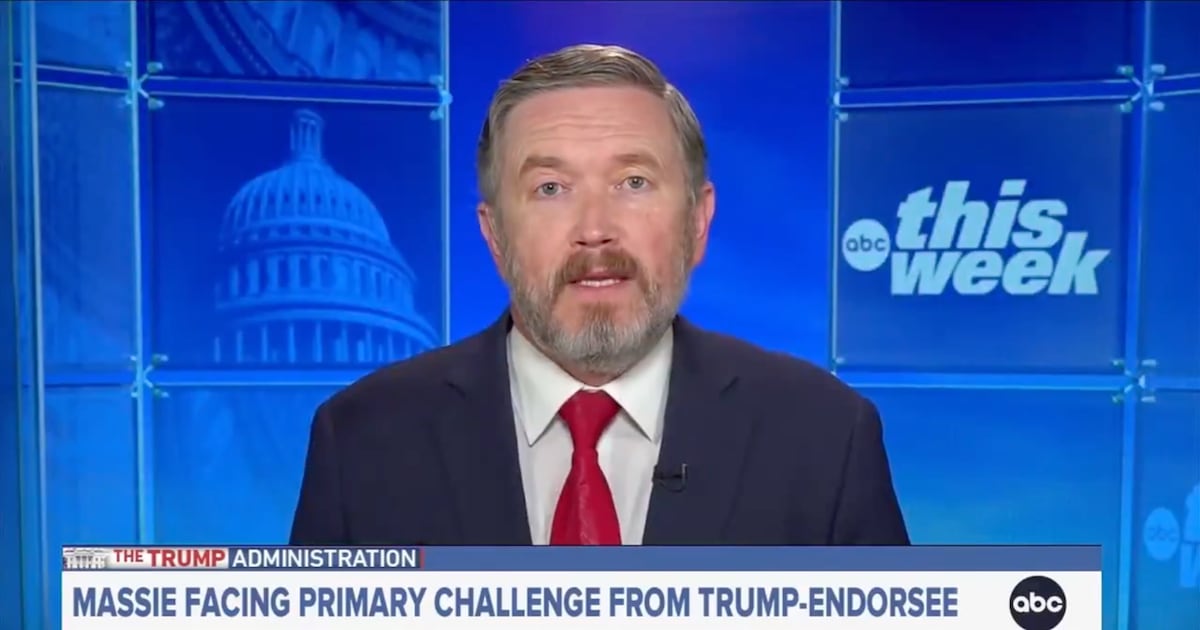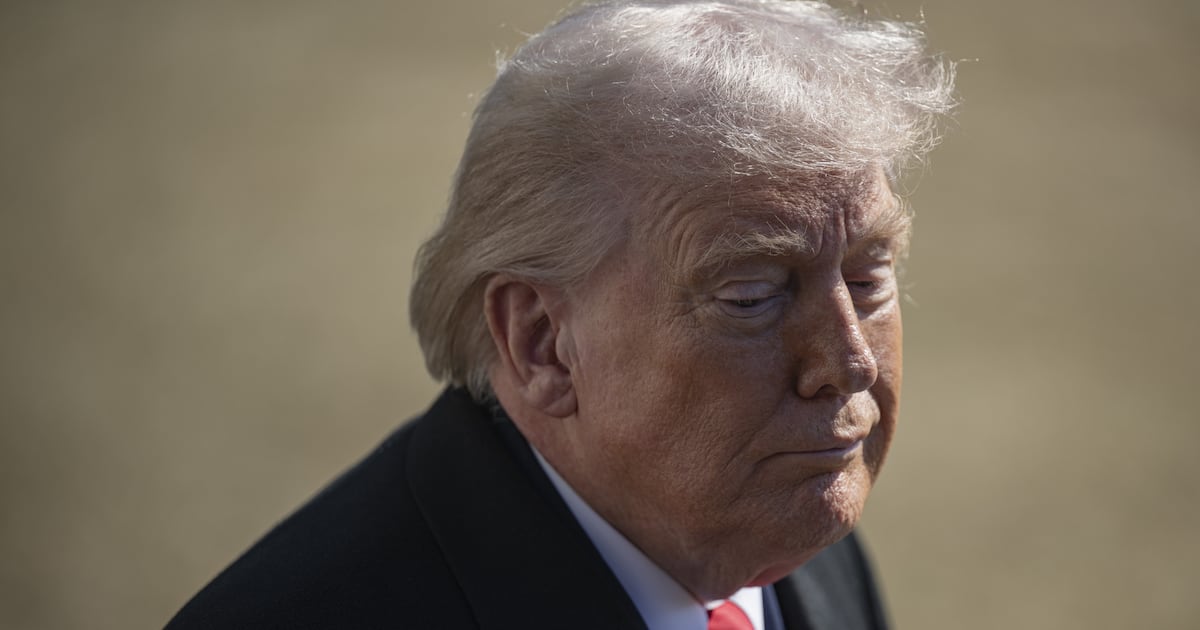Few moments from debates are actually remembered by voters come Election Day, let alone years later. But some are, and Senator Lloyd Bentsen telling Senator and fellow aspiring Vice President Dan Quayle “Senator, you’re no Jack Kennedy” is high on the list of such moments. Then-Senator Barack Obama telling fellow primary candidate Senator Hillary Clinton during the 2008 election “you’re likable enough” is another. It is widely believed that Obama’s perceived condescension that moment actually made him appear less likable and helped lead to Clinton’s win in New Hampshire. However, it didn’t alter the crucial fact: Many people believe Hillary Clinton has a likability problem.
While much has changed in the seven years since her last presidential run, this has not. And in fact, with the increasingly damaging coverage of emailgate and her family foundation’s finances, it’s possible she is becoming less likable to voters, not more. The only difference is this time her competition could end up being even less likable than she is—or at the very least just “likable enough,” which is to say not all that likable. The long-held wisdom has been that while qualities like experience matter, they ultimately may not be as important to a lot of voters as which candidate they just like more—which, to use the cliche, they’d rather have a beer with.
For years, the beer standard has been used to gauge which presidential candidate is winning the likability Olympics. More undecided voters preferred a drink with reformed party animal turned teetotaler George W. Bush to the more staid John Kerry, who lost. It is widely believed that likability played a key role in President Obama winning a second term in office, despite a tough term that included dealing with a sagging economy. But what happens when voters end up having to choose between two candidates they don’t want to have a beer with, bowl with, barbecue with, salsa with, party with, etc.? Will 2016 finally become the year voters based their choice on unsexy attributes like managerial experience?
Along with Clinton, there are other 2016 potential contenders with personality problems of their own. In contrast to his brother, who was practically charmer-in-chief, Jeb Bush is so widely known to be an introvert that this has already been a point of reference in multiple articles–and the campaign’s just getting started.
And Rand Paul is already having to trot out his spouse to “humanize” him with voters—particularly women—after losing his cool in multiple interviews, most infamously one with The Today Show’s Savannah Guthrie. The fact that his family is having to play defense this early does not bode well. Meanwhile, Senator Ted Cruz would have a tough time winning a popularity contest in his own party, let alone nationwide.
But according to some experts, Paul’s burgeoning likeability problem and the personality challenges of some of his peers may not matter nearly as much as those of us covering the election like to think that it does. “Empirical evidence suggests that personality does not play the decisive role for the outcome of elections that journalists and political commentators often attribute to it,” said Andreas Graefe in an email. Graefe has studied the impact of candidate personalities on election outcomes extensively.
In his examination of presidential elections from 1972 to 2012 he found that, “While candidates with the more favorable personality tend to win more often, the effect that can be attributed to personality is rather small after accounting for other factors. In other words, the candidate with the more favorable personality usually would have won anyway.”
Jamal Simmons, who served as press secretary for multiple Democratic presidential campaigns, echoed this sentiment. Simmons argued that the whole “Who would you have a beer with” concept has been overhyped and overplayed. While he said who voters are okay with seeing appear on their television every single day for four years, as a president does, may play a small role in their decision-making, ultimately, “I think people vote for who they trust the most.” He added, “You can like somebody such as Ron Paul—he seemed so likable, but you wouldn’t vote for that person for president. Rick Perry seemed like a fun guy, but his campaign did not make you think you wanted this guy to have his finger over the button.”
Simmons noted that even among those who really like President Obama, some now feel he would have benefited from more managerial experience. It is possible this time around that feeling may benefit a candidate like Clinton or Bush, who are both perceived as experienced managers.
To this point, Graefe noted that, “One of the most important factors that determines the election outcome is beyond the control of the candidates: the state of the economy. When casting their vote, voters look at how they economy is doing and blame the incumbent government for bad performance, or reward it for good performance. Thus, the election can be seen as a referendum on the state of the economy. That said, when the incumbent is not running, such as in 2016, candidate qualities do become more important.” He pointed to experience as one of them.
Simmons challenged the idea that this campaign may lack a viable candidate who also has charisma, noting Florida Senator Marco Rubio could prove to be a serious contender.
But for those other candidates who may not have been born with Rubio’s ease with public speaking, media trainer Jane Praeger said being authentic is more important than trying to be some perfect candidate. “You can’t fake charisma, but you can make a genuine connection with voters. For example, last time around, while trying to look ‘tough enough’ to be president, Hillary masked her natural humor, liveliness and warmth—some of her greatest assets.”
As Simmons concluded, “There’s no Mother Theresa or Gandhi on the ballot. You’re not voting for a perfect human being.”




